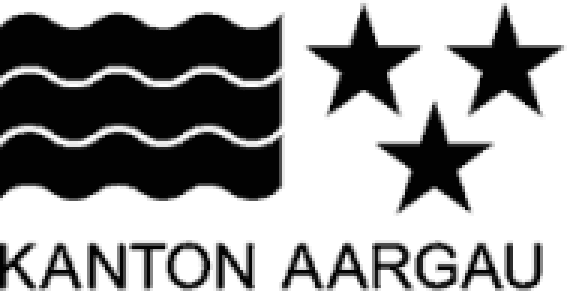About the project
The EU project Knowledge Transfer Upper Rhine (KTUR) marked the start of a trinational Knowledge and Technology Transfer (KTT) on the Upper Rhine. Within the framework of the INTERREG V Upper Rhine funding program, the EU provides financial and human resources to establish joint structures and activities in the field of Knowledge and Technology Transfer. The project started in October 2019 and will run for three years.
A major goal of KTUR is to intensify, structure and professionalize cooperation among the transfer actors of the universities involved in the project and among universities, intermediaries, and companies in the trinational Upper Rhine region. The objective is to create a long-term network on the Upper Rhine, forging a common identity in the area of Knowledge and Technology Transfer in this region. Through increased exchange and cooperation, existing barriers can be reduced, significantly simplifying and enhancing cross-border contacts and project initiation between universities and companies.
In the course of the project, project partners will investigate various aspects of Knowledge and Technology Transfer and develop measures adapted to the core target group—regional industry. Along with formulating and testing a joint Knowledge and Technology offer in the areas of further education, these measures include start-ups, cross-border innovation events, the establishment of a single entry point for industry, and a modularly adaptable research-to-business information and exchange platform.
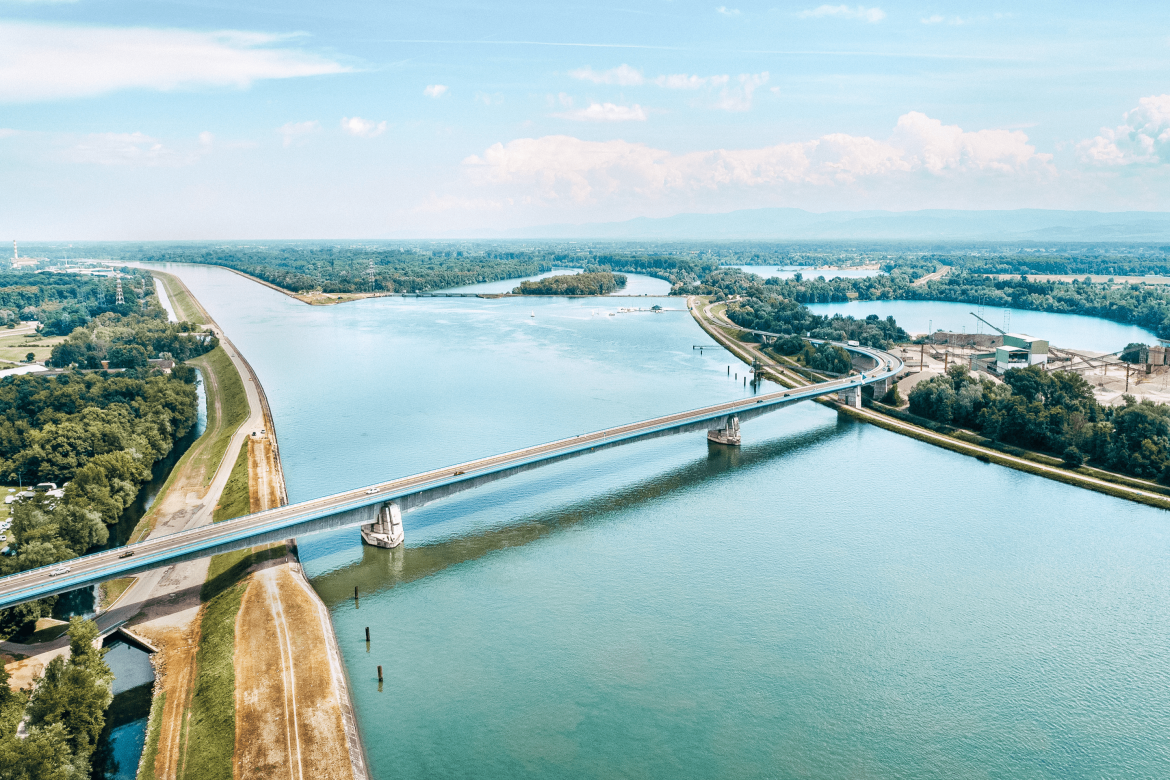
About the project

The first year of the project served as an analysis phase. One focus was to become acquainted and to exchange information about the different KTT structures within the partner institutions. In the course of a series of interviews and research, the project partners identified and analyzed the potential for increased cooperation with existing network partners and platforms, such as clusters, business development agencies, or chambers of industry and commerce on the Upper Rhine. Another work package focused on existing cooperation between universities and companies. In this manner, by the end of the first project year the partners managed to define best-practice solutions and potential improvements to cross-border cooperation between universities and companies.
An important milestone in the first year of the project was the development of pilot measures that are being implemented and evaluated together with at least a hundred companies. An advisory board consisting of industry representatives from France, Switzerland and Germany will hold regular discussions regarding continuation or modification of the individual measures.

Trinational Network

Entrepreneurship

Single Entry Point

Innovation Events

Continuing Education
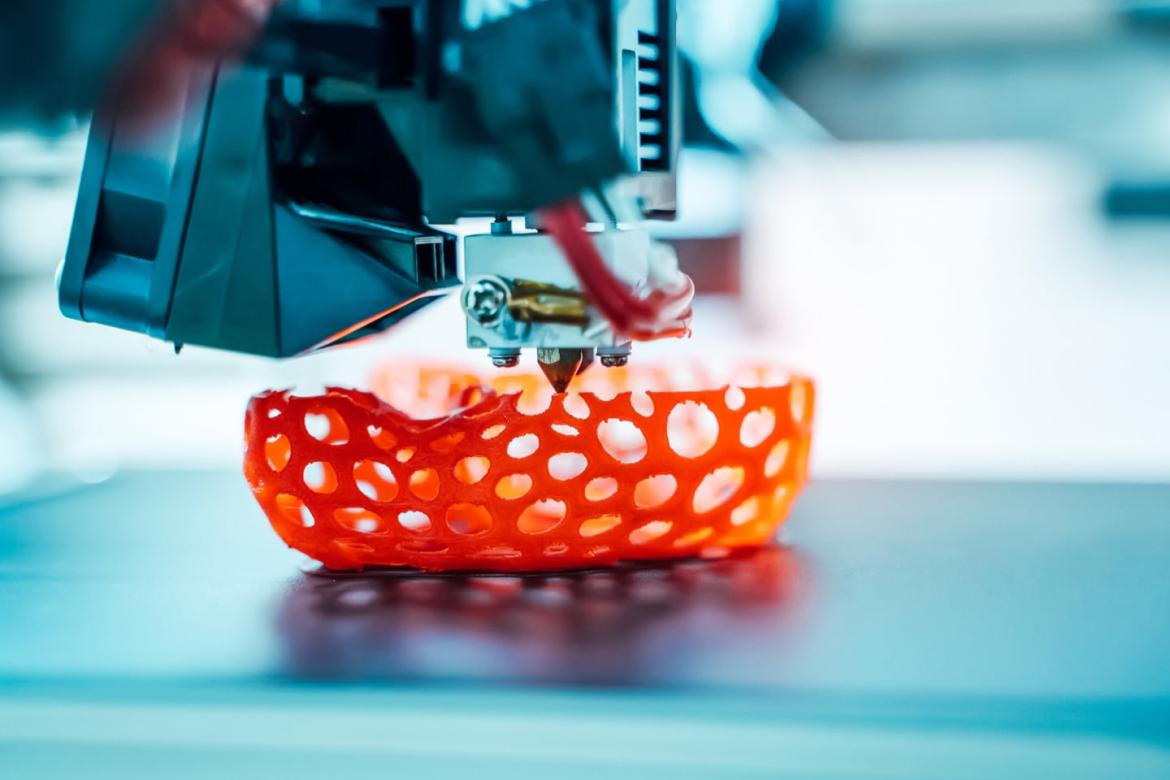
Cross-Boarder Projects
Project partners
KTUR was initiated within Eucor – The European Campus network, in which the University of Basel, the University of Freiburg, the Université de Haute-Alsace, the KIT and the Université de Strasbourg collectively form a trinational higher education area currently encompassing 115,000 students and 15,000 researchers.
The TriRhenaTech alliance has also joined the initiative. The EU supports KTUR with €1.6 million. On the Swiss side, the two participating universities from northwestern Switzerland are being supported with funding from the Swiss federal government as well as cantonal funding of approximately €300,000 from the cantons of Aargau, Basel-Landschaft, and Jura.
The partners include:
Twelve universities
- five EUCOR universities (KIT (project coordinator): Strasbourg, Freiburg, Haute-Alsace, and Basel)
- six universities of the TriRhenaTech alliance: (Kaiserslautern, Karlsruhe, Offenburg, Furtwangen, Lörrach, and Northwest Switzerland)
- University of Koblenz-Landau
Four co-financing project partners (Switzerland)
- Swiss Confederation
- Three cantons: Jura, Basel-Landschaft and Aargau
Other partners
SATT Conectus Alsace, ADIRA – l’agence de développement d’Alsace, Alsace Tech, Science Pillar of the Upper Rhine Trinational Metropole Region, EGTC Eucor – The European Campus, Grand E-Nov, CCI Alsace Eurométropole, Karlsruhe Chamber of Commerce and Industry, Karlsruhe Economic Development Agency – PAMINA Business Club, Freiburg Wirtschaft Touristik und Messe GmbH & Co. KG, Technologie-Netzwerk Südpfalz e.V., Hightech Zentrum Aargau AG, BaselArea.swiss

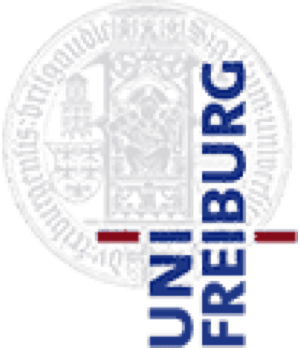
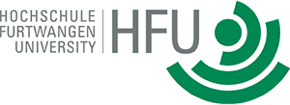
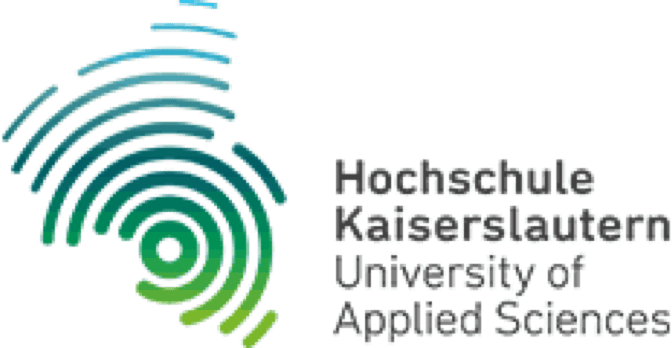

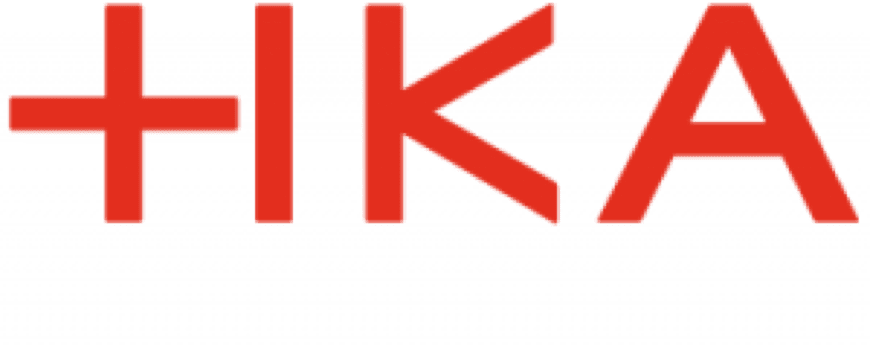

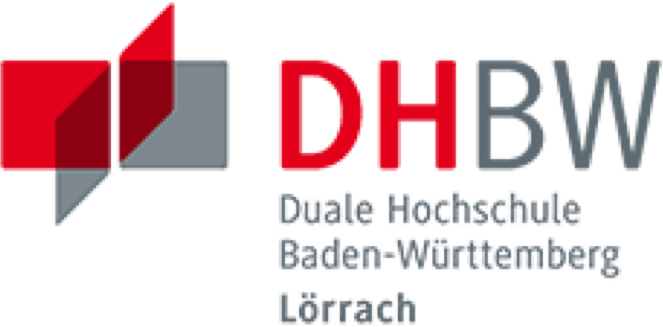
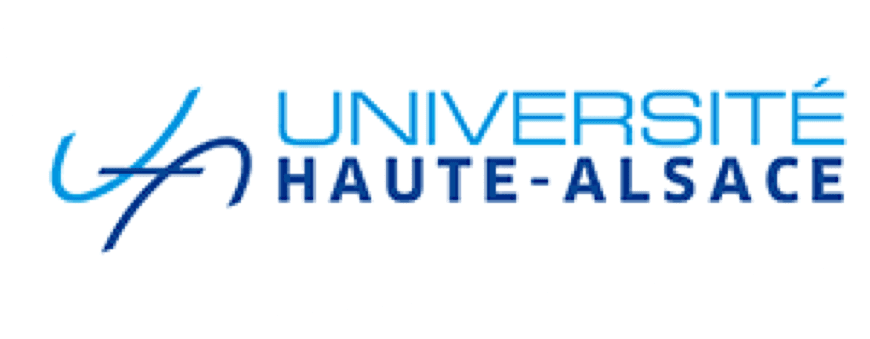


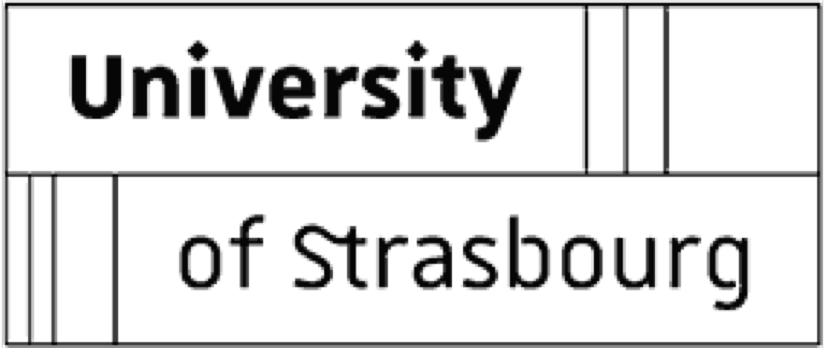
Copyright pictures: All pictures used originate from www.istock.com. The authors are (from top to bottom and from left to right): Leonid Andronov, filadendron, gorodenkoff, Laurence Dutton, Rawpixel, PeopleImages, kynny




